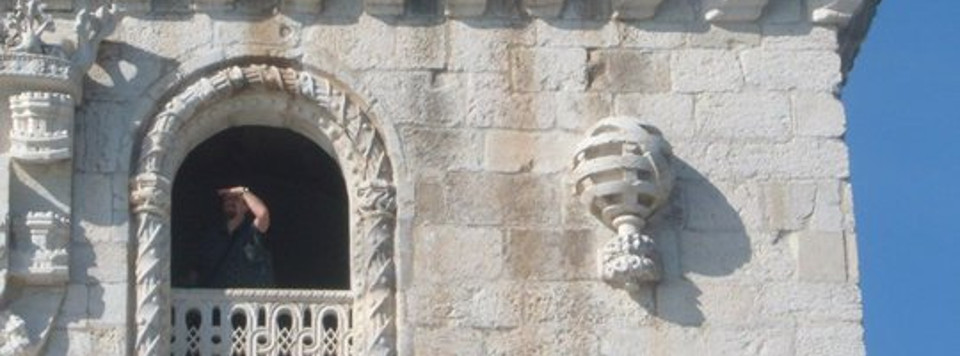Research
My main research interests are mathematical physics, topology, and
category theory, and in particular, how "higher-algebraic" ideas from
category theory can illuminate questions in quantum gravity and the
foundations of quantum mechanics. This has connections to Witten-type
path-integral invariants for manifolds, combinatorics, representation
theory, and more.
Published Research Papers
2-Group Actions and Moduli Spaces of Higher Gauge
Theory (with Roger
Picken, arXiv:1904.10865)
Describes a double category of 2-group connections on a
discretized manifold, which plays the role of the moduli space in
higher gauge theory. This is based on the transformation double
category (see below) derived from the action of a global symmetry
2-group on a category. (Accepted by Journal of Geometry and
Physics, in press)
Transformation Double Categories Associated to 2-Group
Actions (with Roger
Picken, arXiv:1401.0149)
Categorifies the relationship between global and
local symmetry which is expressed in a transformation groupoid
associated to a group action. (Theory and Applications of
Categories, vol. 30, no. 43, pp. 1429-1468,
2015,) The Categorified Heisenberg Algebra I: A Combinatorial
Representation (with Jamie
Vicary, arXiv:1207.2054)
Demonstrates that groupoidification of the Heisenberg
algebra gives a concrete model of Khovanov's diagrammatic calculus,
and suggests how this might work for other cases. First part of two -
second forthcoming. (Journal of Pure and Applied Algebra vol. 222, no. 3, pp. 703-745, 2018,
DOI:10.1016/j.jpaa.2017.05.004) Cohomological Twisting of 2-Linearization and Extended TQFT
(arXiv:1003.5603)
Uses 2-linearization (see "2-Vector Spaces and Groupoids")
to build an Extended TQFT associated to a discrete gauge group. A
special case, for closed manifolds, yields the untwisted
Dijkgraaf-Witten model. (Journal of
Homotopy and Related Structures, vol. 10, no. 3, pp. 127-187,2013,
DOI:10.1007/s40062-013-0047-2.) 2-Vector Spaces and Groupoids
(arXiv:0810.2361; Applied
Categorical Structures; DOI: 10.1007/s10485-010-9225-0)
Constructs a 2-functor from the bicategory of spans of
groupoids into the bicategory of 2-Vector spaces. I
interpret this as a kind of categorified version of quantization of a
physical system. (Applied Categorical Structures, vol. 19, no. 4,
pp. 659-707, 2011,
https://doi.org/10.1007/s10485-010-9225-0.) Double Bicategories and Double Cospans
(arXiv:math.CT/0611930;
Journal of Homotopy and Related Structures, Vol. 4(2009), No. 1,
pp. 389-428)
Describes a kind of weak cubical 2-category, how a
construction using cospans (or spans) gives examples, and how they
relate to more familiar 2-categories. (Journal of Homotopy and Related
Structures, vol. 4, no. 1, pp. 389-428, 2009) Categorified Algebra and Quantum Mechanics
(arXiv:math.QA/0601458,
Theory and Applications of Categories, Vol. 16, 2006, No. 29, pp
785-854.)
Describes the quantum harmonic oscillator in terms of "stuff
types", related to combinatorial species, and gives a combinatorial
interpretation of Feynman diagrams. (Theory and Applications of
Categories, vol. 16, pp. 785-854, 2006, doi:10.1.1.69.5789.)
Expository Papers
These are some shorter papers explaining some of the same material as
in the above, but for different audiences.
Cubical n-Categories and Finite Limits Theories (arXiv:1001.2628; unpublished)
An expository piece explaining how the double cospan
construction in math.CT/0611930 may be seen in terms of taking models
of finite limits theories. Higher cubical n-categories can be
constructed by iteratively taking models of a theory of
categories/bicategories etc.) Groupoidification and Categorification in Physics (hosted here)
Originally written for a philosophy of science proceedings,
but not used. Talks about the significance of various forms of
categorification as explanations (i.e. descriptive accounts) of
mathematical structures in physics. Makes (possibly naive)
philosophical remarks about how this relates to structural
realism.
Articles in Preparation
Transport Functors and 2-Group Actions in Higher Gauge
Theory (with Roger Picken)
Proves an equivalence of two constructions of a double
groupoid playing the role of moduli space in higher gauge theory:
one based on transport 2-functors assigning holonomies to edges,
and one based on the transformation structure for a global
symmetry action of a 2-group of gauge transformations on an
underlying category of connections. The Categorified Heisenberg Algebra II:
Representations from Free Constructions (with Jamie Vicary)
Derives a categorification of Vicary's Fock monad for an
important class of 2-categories, and shows how this gives rise
both to the groupoidification of the Heisenberg algebra, and its
2-linear representations.
|
